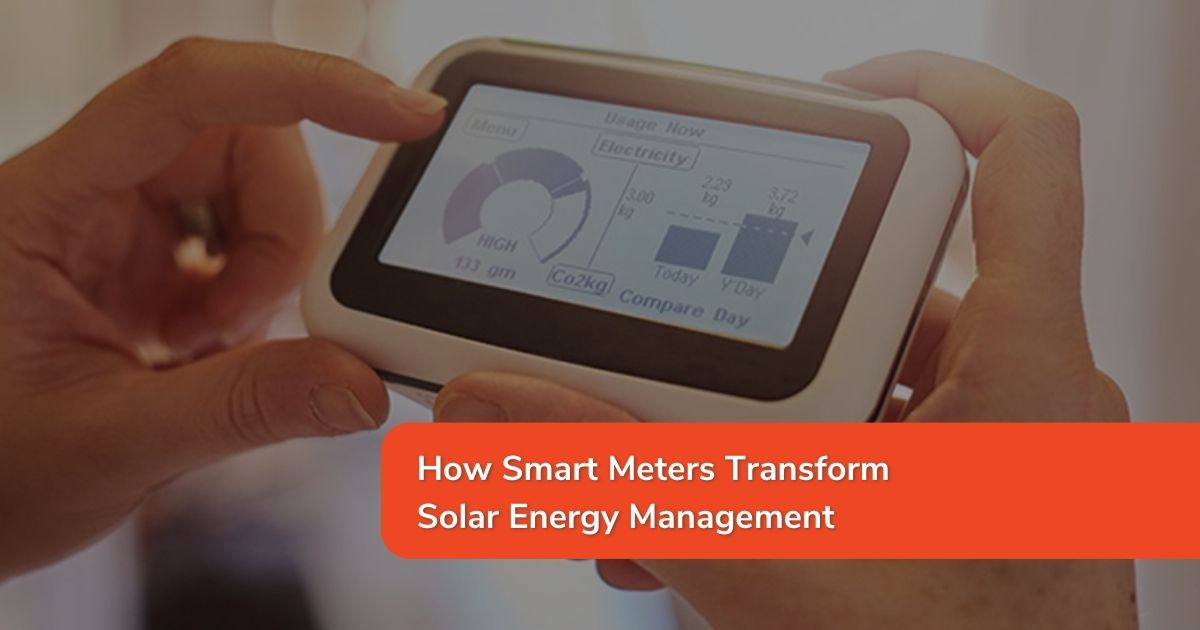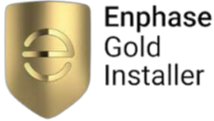How Smart Meters Transform Solar Energy Management

Australia's abundant sunshine makes it an ideal environment for harnessing solar power, and the country has seen remarkable growth in the adoption of solar energy systems. However, reaping the full benefits of solar technology requires more than just installing panels. Smart meters are becoming crucial tools in revolutionising how households and businesses manage their solar energy production and consumption. This article explores the impact of smart meters on solar energy management in the land down under.
Understanding Smart Meters and Their Role in Solar Energy Management
Smart meters are advanced energy meters that not only measure your electricity usage but also communicate that information back to your energy provider in real time. This real-time data empowers consumers to make informed decisions about their energy consumption and production. When combined with solar technologies, smart meters can lead to more efficient energy usage and management.
Smart meters make it possible for homeowners and businesses to see precisely when and how much electricity they are using or exporting to the grid. This level of insight allows for better energy planning and a more seamless integration with renewable energy systems, such as solar panels and home battery storage technologies.
Benefits of Smart Meters in Solar Energy Management
The introduction of smart meters in Australia has brought several key advantages to solar energy management.
Real-Time Monitoring of Energy Consumption
Gone are the days of waiting for your bi-monthly bill to understand your energy consumption patterns. With a smart meter, you can track your usage in real time using your smartphone or computer. This immediate feedback helps in identifying energy-hungry appliances and behaviors, enabling you to make adjustments that can lead to substantial savings on your energy bill.
Improved Energy Efficiency
Understanding your consumption patterns is the first step to enhancing your home's energy efficiency. Smart meters allow for the identification of 'energy leaks', indicating when electricity is being used unnecessarily or at peak times. This knowledge can drive the implementation of energy-saving practices and the use of appliances during off-peak times when electricity is generally cheaper.
Accurate Billing and Cost Savings
Smart meters ensure that your energy bills are accurate, reflecting precisely the amount of electricity used or fed back into the grid. This feature is particularly beneficial for solar power system owners, as it guarantees they are credited properly for the excess energy they generate. It also eliminates the risk of overcharging, which can happen sometimes with conventional meters due to estimated readings.
Integration with Renewable Energy Sources
Smart meters are essential for efficiently integrating solar panels and battery storage systems. They can detect when it's optimal to use solar energy, store it, or feed it back into the grid, promoting a more robust and sustainable energy supply.
Challenges and Considerations
While the benefits of smart meters in the context of solar energy management are significant, there are also challenges to consider.
Cost of Installation and Implementation
Upfront installation costs can be a barrier for some consumers. While smart meters can lead to long-term savings, the initial outlay can be a deterrent, especially for those who have recently invested in solar panel systems.
Privacy and Data Security Concerns
Smart meters collect a wealth of data about your energy consumption, and this information must be kept secure. There have been concerns raised about data privacy in relation to smart meters, and it's important for consumers to understand how their data is being used and protected.
Regulatory and Policy Considerations
The integration of smart meters into the energy network requires clear regulations and policies to ensure fair usage and data sharing. It also involves issues of network stability and grid management, which require careful consideration.
Future Outlook
As technology continues to evolve, the role of smart meters in Australia’s solar energy landscape is set to expand even further.
Emerging Trends in Smart Meter Technology
In the coming years, smart meters will likely become more sophisticated, incorporating new technologies such as artificial intelligence and Internet of Things (IoT) connectivity. This could lead to even more precise energy consumption insights and more advanced control over energy use.
Potential Impact on the Solar Energy Industry in Australia
Smart meters can potentially stream energy consumption and solar production data to renewable energy service providers, fostering the growth of innovative energy service models. This could lead to a more dynamic and competitive solar energy market, benefitting both consumers and service providers alike.
Conclusion
Smart meters are an indispensable part of the modern solar energy ecosystem in Australia, offering a range of benefits from detailed energy insights to efficient energy usage. While there are challenges, as with any new technology, the potential for smart meters to transform the way Australians manage their solar energy is immense. As households and businesses continue to adopt solar technologies, the integration of smart meters will be a key driver in maximising the economic and environmental benefits of solar power.
As we look to a future powered more and more by renewable energy, it's clear that smart meters will play a pivotal role in shaping how we all interact with and manage our energy consumption. For those on the fence about investing in a smart meter, the long-term potential for saving money and contributing to a more sustainable energy future is certainly worth considering.
%20(1).png?width=265&height=96&name=www.smartenergyanswers.com.auhs-fshubfsSmart%20Energy%20Answers%20Logo%20(HIRES)%20(1).png)

.png?width=514&height=121&name=Tesla%20Powerwall%203%20(new).png)







